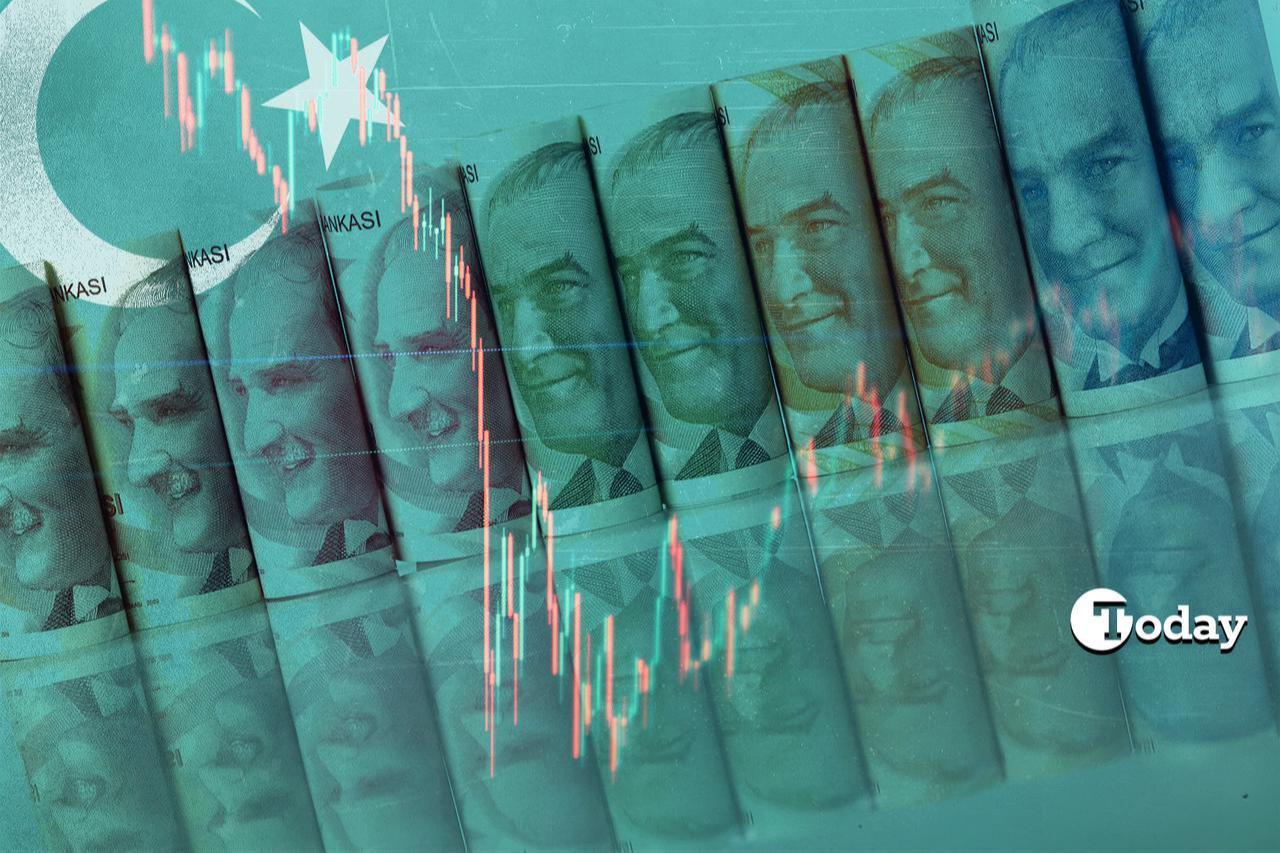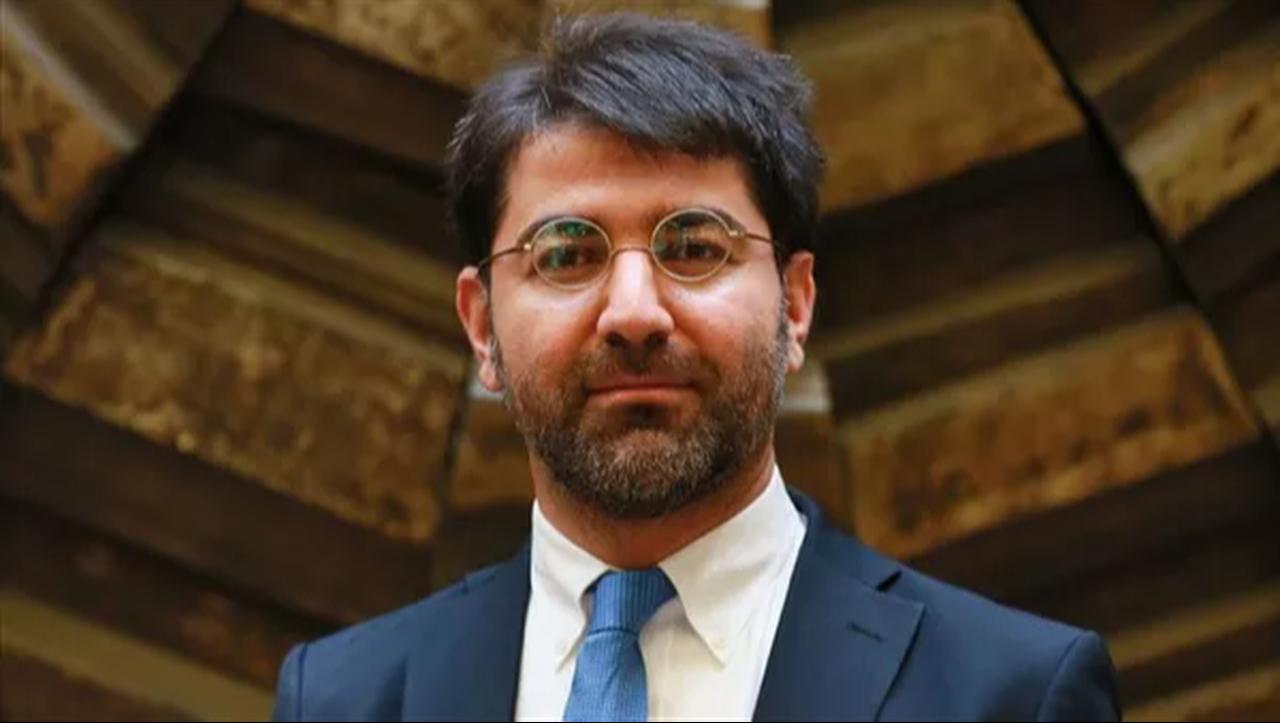
One of the most high-profile corruption investigations in recent Turkish memory has led to the arrest of seven people, including Emrah Sener—a former deputy governor of the Central Bank of the Republic of Türkiye (CBRT)—whose signature still appears on Turkish lira banknotes.
The probe centers on allegations of bid rigging, embezzlement, and fraud within the Interbank Card Center (BKM), an institution jointly owned by major Turkish banks with the Central Bank as its main shareholder.
According to the Istanbul Chief Public Prosecutor’s Office, the case involves irregularities in procurement tenders carried out in 2023, including the “Chip-Based Plastic Card Procurement Tender” and the “Specification and Applet Software Development Tender” related to Türkiye's national payment system, Troy.
The prosecution claims that contracts were steered toward specific companies through collusion and that public funds were misused.

The scandal first surfaced following an internal audit at BKM, which reportedly detected financial inconsistencies dating back to Sener's tenure as deputy governor.
The central bank said that upon identifying suspicious findings in December 2024, it filed a criminal complaint with the Istanbul Chief Public Prosecutor’s Office.
This marks an unprecedented development, a corruption case implicating a former senior central bank official and other executives of a key financial infrastructure body.
The prosecutor’s office has stated that evidence points to illicit service procurements from companies, conducted without formal tenders.
Among the alleged irregularities is the use of institutional credit cards for unauthorized expenditures and payments made to students abroad through meal cards under the guise of research funding.

The investigation gained traction when it was revealed that the losses to public funds could reach ₺100 million ($2.39 million). Journalist reports claim that these funds were funneled through a network of intermediaries, allegedly including Sener’s own acquaintances.
Prosecutors say that Sener played a direct role in ensuring that an unqualified intermediary company—one lacking proper vendor authorization—won the tender for 2.5 million chip-based cards. Competing firms were reportedly prevented from submitting bids.
Documents cited in the investigation suggest that a portion of the proceeds was transferred to Sener’s brother, who then sent approximately €693,000 ($808,072) to a shell company in Singapore.
The funds were allegedly reintroduced into Türkiye under the guise of legal business income, a method investigators say was used to "launder" the money.

Before entering public service, Emrah Sener built an international academic and financial career. According to his professional biography on the university website, Sener earned his undergraduate degree from Bogazici University, completed a master’s degree at the London School of Economics, and obtained a Ph.D. in mathematical finance from Imperial College London.
He worked in London for HSBC and Citibank, later joining Bank of America’s London headquarters as an executive. Afterward, he transitioned to academia, joining Ozyegin University as a faculty member.
The executive was appointed deputy governor of the central bank in September 2016. At the time, then–Treasury and Finance Minister Mehmet Simsek publicly welcomed the appointment, calling Sener “one of the best and brightest economists.”
In September 2020, President Recep Tayyip Erdogan reappointed him to the same position, reflecting the administration’s continued confidence in his technocratic expertise.
The arrests come at a sensitive time for Türkiye’s financial institutions, which have sought to strengthen credibility amid inflationary pressures and heightened public scrutiny. BKM, established in 1990, plays a pivotal role in Türkiye's banking infrastructure by overseeing electronic payments and operating the national card scheme "Troy."
For now, as the judicial process unfolds, the probe marks one of the most high-profile corruption cases to touch Türkiye's upper financial administration in recent years—involving not only the country's payment systems but also the credibility of the signature that once stood for monetary stability on its currency.